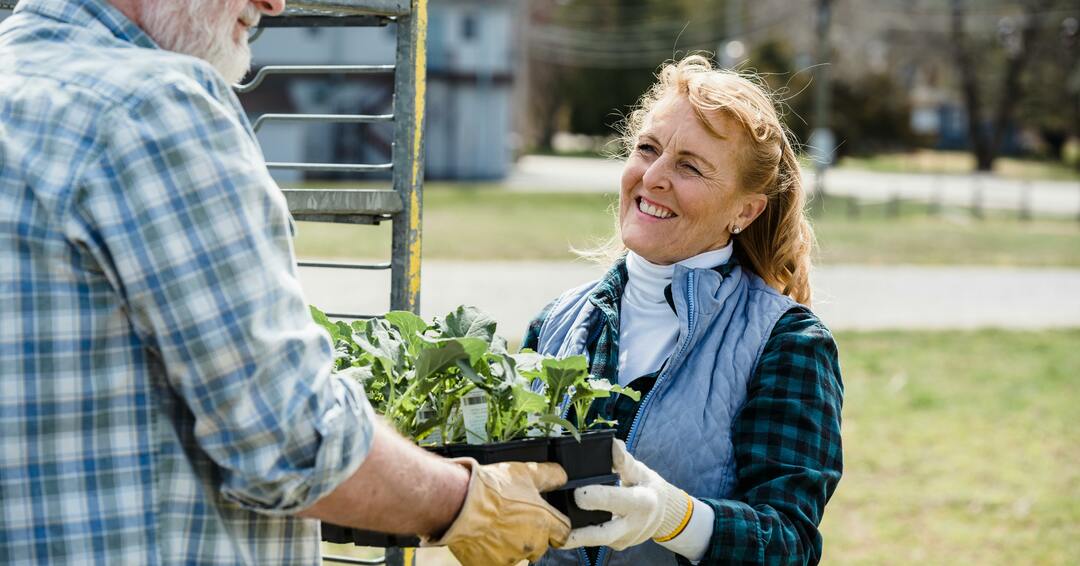Introduction
In the evolving landscape of the agricultural industry, farmers are continually seeking innovative strategies to scale their operations, enhance product quality, and reach broader markets. One pivotal approach is partnering with a co-packer. This guide will navigate you through the process of working with a co-packer in 2024, ensuring you make the most out of this collaboration.
Understanding Co-Packing
What is a Co-Packer?
A co-packer, short for contract packer, is a company that manufactures and packages products for other businesses. For farmers, co-packers can be invaluable partners in processing raw produce into market-ready goods, from jams and jellies to frozen vegetables and ready-to-eat meals.
Benefits of Working with a Co-Packer
- Scalability: Expand your production capabilities without the need for significant capital investment in facilities and equipment.
- Expertise: Leverage the technical and regulatory expertise of co-packers to ensure product quality and compliance.
- Market Expansion: Access new markets with professionally packaged and compliant products.
Finding the Right Co-Packer
1. Define Your Needs
Identify what you need in a co-packing partner, considering factors such as production capacity, packaging types, and certifications (organic, non-GMO, etc.).
2. Research and Referrals
Start with online searches, agricultural networks, and referrals from other farmers or industry associations. Websites dedicated to co-packer directories are also valuable resources.
3. Evaluate Capabilities and Certifications
Ensure potential co-packers can meet your specific needs and adhere to the necessary food safety and quality certifications.
Building a Relationship with Your Co-Packer
1. Communication is Key
Clear, ongoing communication forms the backbone of a successful partnership. Discuss your goals, expectations, and any concerns openly.
2. Understand the Costs
Get a detailed breakdown of costs, including setup fees, minimum order quantities, and any additional services like storage or transportation.
3. Protect Your Interests
Consider a Non-Disclosure Agreement (NDA) to protect your proprietary information and a contract that outlines the terms of your partnership.
4. Start Small
If possible, begin with a small batch production to assess the co-packer's reliability and the quality of the finished product.
5. Plan for the Future
Discuss long-term goals and how the co-packer can support your growth. Building a relationship is about more than just the immediate needs.
Navigating Challenges
- Quality Control: Regularly visit the co-packing facility and request samples from each batch to ensure consistent quality.
- Communication Gaps: Establish a single point of contact to streamline communication and resolve issues promptly.
- Scaling Up: As your business grows, reassess your partnership to ensure the co-packer can continue to meet your evolving needs.
Ultimately,
Partnering with a co-packer can be a game-changer for farmers looking to expand their product offerings and reach new markets in 2024. By choosing the right partner and cultivating a strong, transparent relationship, farmers can achieve greater scalability, efficiency, and success.
Leverage this guide to navigate the complexities of co-packing partnerships and position your farming business for growth and innovation in the coming year.

